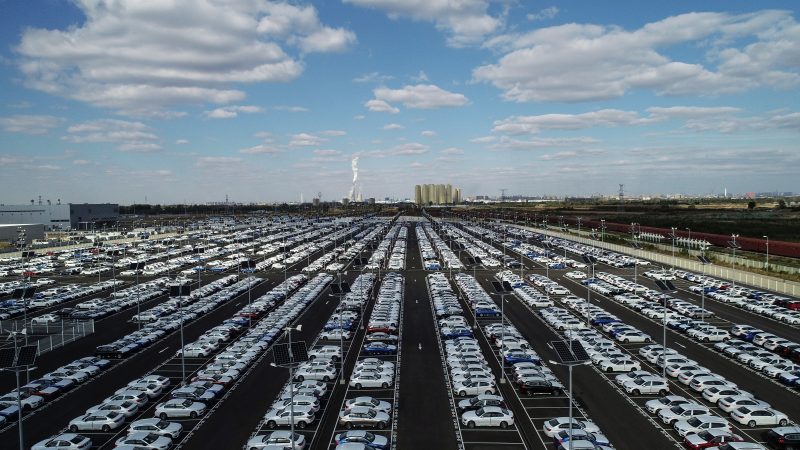Eurozone growth rate beats expectations
Is the eurozone economy out of the woods? Analysts are not sure (STR)
Brussels (AFP) – The eurozone economy expanded by a better than forecast 0.4 percent in the first quarter of 2019, official data showed on Tuesday, dampening talk that a recession in Europe is around the corner.
The reassuring announcement broke a series of worrying economic figures for Europe that showed a lacklustre economy beset by looming political risks such as Brexit and weaker global growth.
The figure exceeded the expectations of analysts interviewed by data company Factset that forecast just 0.3 percent growth.
At an annual rate, growth in the 19 countries that use the euro was 1.2 percent, the same result as in the previous quarter, according to the first estimate of the European statistics agency.
Analysts warned, however, that the uptick in eurozone growth would not last.
“The continued weakening of the timelier survey indicators suggests that the pick-up in euro-zone GDP growth will not be sustained,” said Jack Allen of Capital Economics.
“We still think that the economy will grow more slowly in the second quarter and expand by less than most forecasters expect in 2019 as a whole,” he added.
Eurozone unemployment meanwhile dropped to 7.7 percent in March, down from 7.8 percent in February and from 8.5 percent in March 2018.
This is the lowest rate recorded in the euro area since September 2008.
Unemployment in the euro area has fallen steadily since September 2016, when it dropped below the symbolic threshold of 10.0 percent.
It is close to the average rate before the 2007-2008 financial crisis, where it stood at 7.5 percent.
At the worst of the debt crisis, unemployment had reached a record high of 12.1 percent in April, May and June 2013 in the euro area.
Disclaimer: Validity of the above story is for 7 Days from original date of publishing. Source: AFP.


